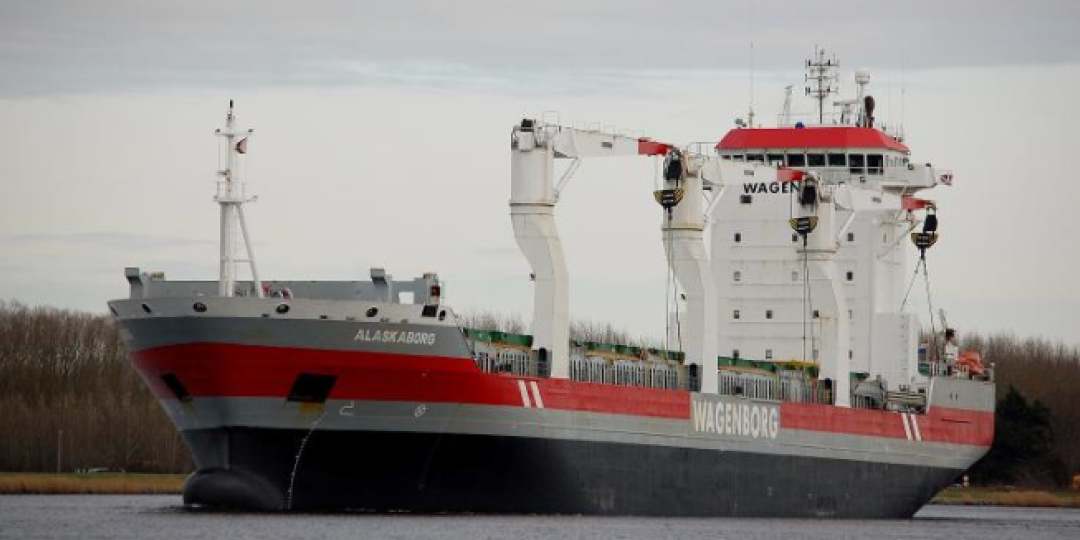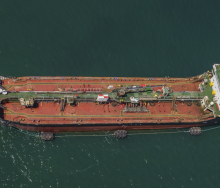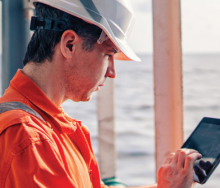The Dutch Maritime Disciplinary Court has confirmed that a Dutch-flagged ship, Alaskaborg, pumped oil into the Atlantic Ocean for over 12 hours and fined the captain and chief engineer 2 000 euros (R46 000).
Both their licences have also been suspended for eight weeks.
The vessel, owned by Wagenborg, was sailing from Baie-Cameao in Canada’s province of Quebec on February 7, 2022, bound for Rotterdam.
The court ruled that the captain and chief engineer had failed to recognise the gravity of the situation in which the vessel found itself, with a cargo consisting of crushed carbon anodes divided between the two holds.
On February 9, 2022, an alarm went off in the bilge well portside forward in hold two.
At the time, the vessel was sailing south of Newfoundland, with the captain and chief engineer concluding the cause for the alarm was the melting snow or water ingress.
Due to the conditions, it was decided not to go into the hold for inspection and the bilge ejector was activated and kept on until the weather improved.
The bilge ejector remained turned on for over 12 hours. However, upon inspection, it was obvious that a hole in the fuel tank was the reason for the alarm going off.
This also meant that oil went into the cargo hold and into the bilge well portside fore, and ended up overboard.
Later calculations established the vessel had lost 54.7cbm of very low sulphur fuel oil (VLSFO)) and part of it had ended up in the Atlantic.
The Canadian Coast Guard at the time of the incident reported that some 30 000 litres of VLFSO had ended up in the ocean.
The leak was caused by the damage to the fuel tank, with the lashing rings of a between-decks hatch breaking and the hatch falling into the hold, piercing the tank.













